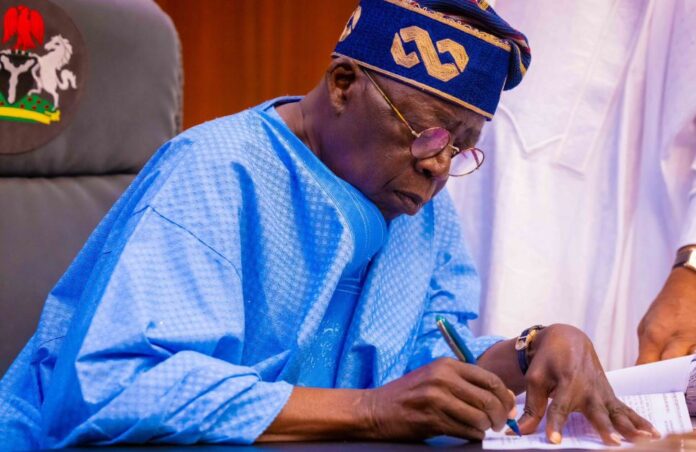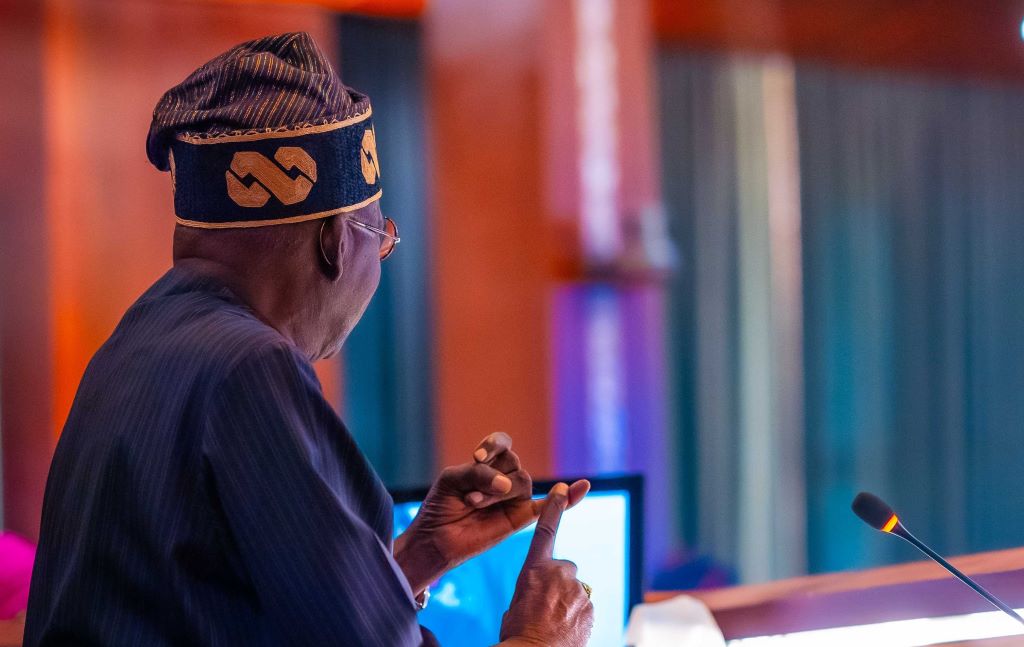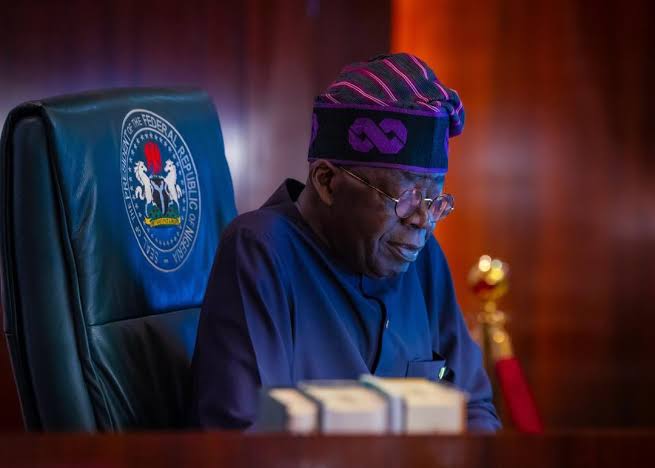President Bola Ahmed Tinubu has approved a new rule that changes how government contracts are processed.
From now on, contracts and procurement deals below ₦5 billion no longer need the approval of the Federal Executive Council (FEC).
This update was shared on Thursday in a statement by Zira Nagga, the spokesperson of the Bureau of Public Procurement (BPP).
What the New Policy Means
Under the new policy, Ministries, Departments, and Agencies (MDAs) can now handle smaller contracts by themselves. These are contracts worth less than ₦5 billion. They no longer have to send them to the FEC.
The BPP said this change will reduce delays and help public institutions work faster.
“Under the new structure, only contracts valued at ₦5bn and above for goods and consultancy services, and ₦10bn and above for works, will require FEC approval,” the BPP stated.
“Projects below these levels will be handled by the Ministerial Tenders Board, Parastatal Tenders Board, and the Accounting Officers, based on cost.”
The new thresholds will not be permanent. They may be adjusted from time to time depending on economic conditions.
Smaller Contracts to Follow Simpler Rules
The new system also makes it easier for small-scale projects to get approved.
“For smaller procurements, Requests for Quotations are allowed for goods and non-consultant services valued below ₦30 million and works valued below ₦50 million,” the BPP said.
Also, any project involving goods or services worth ₦1 billion or more, or construction works starting from ₦5 billion, must use competitive bidding. This can be either national or international, depending on the project.
The BPP also gave clear rules on prequalification: “The threshold for prequalification is now set at ₦500 million and above for goods and non-consultant services, and ₦1 billion and above for works.”
It warned government workers to follow the rules strictly. “Those who flout, abuse, or frustrate the new thresholds will be reported to Mr President for sanctions,” the statement added.
This policy comes shortly after President Tinubu endorsed the Nigerian First Policy. That policy discourages importing foreign goods in favor of promoting locally made products.
Rate, Like 👍, Comment, share this article and Follow us on our social media handles.







